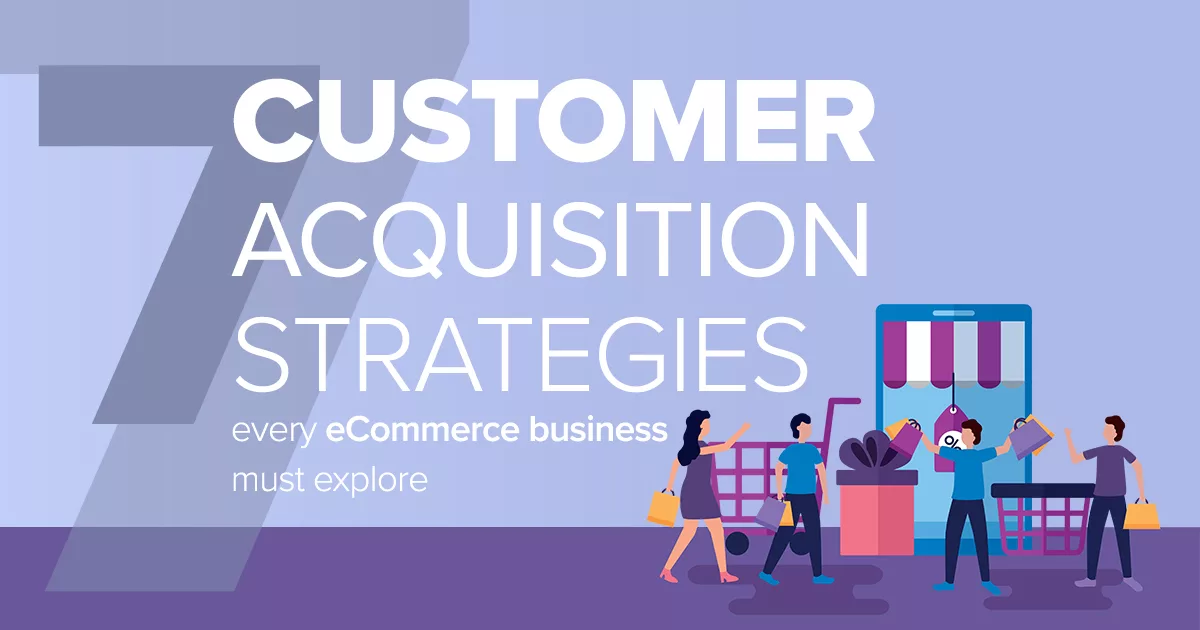Why businesses are going D2C and why should you too?

Businesses of today are actively experimenting with numerous strategies and transforming themselves to gain more and more customers towards their direction. As eCommerce proves to be a fantastic option to become an entrepreneur in the digitally booming technology, many businesses are establishing their brand presence online to give shape to their dreams.
The recent trend that is creating a buzz in the digital commerce strategy is shifting the business model to D2C (Direct to Consumer) from traditional B2B( Business to Business) and Business to Consumer). The reason is, it lets the organization scale operations in a faster way while catering to their business individuality. Many newly established brands are partnering with D2C to grow rapidly and establish direct connections with their customers.
What is the D2C model?
D2C eCommerce, also known as direct-to-consumer selling, is a business model in which organizations sell their products or services directly to customers without any intermediaries. In this model, there is no involvement of wholesalers, suppliers, or retailers. D2C businesses are solely responsible for producing, promoting, and shipping their products and services and making them available to the end consumer.
Numerous businesses have joined the league of selling their products online through the D2C model due to the numerous benefits it offers to customers. Below are some of the major reasons why many businesses are taking the D2C route to sell their products.
1. Personalized Customer Experience
Selling products through the D2C model allows businesses to sell directly to customers, granting them complete control over customer data. Unlike selling through middlemen or marketplaces, this direct approach enables businesses to access customer data. Leveraging this data helps businesses design a more personalized customer experience, enabling effective cross-selling and upselling based on their products.
2. Better Pricing Options
It goes without saying that eliminating the middlemen in the D2C business model allows organizations to reduce prices and offer better deals to customers making it a win-win for both customers and businesses. In traditional scenarios, a product goes through wholesalers and retailers, adding up profits before reaching the end customer. The D2C model empowers brands to test different pricing strategies to identify what works best for their business.
3. Enhanced Brand Awareness
Sales and marketing activities play a crucial role in establishing a stable and consistent market presence. Unlike other business models where businesses have limited control over sales and marketing, D2C allows organizations to design strategies according to their preferences. Businesses can directly participate in marketing their products and services to reach more customers. This approach also allows them to manage the entire customer journey, from research to the final purchase.
4. Stronger Client Relationships
The success of any enterprise relies heavily on building strong relationships with clients. In other business models, businesses lacked direct control over the entire customer experience, as it was primarily handled by retailers. D2C brands are better equipped to control the entire customer experience, enabling them to foster strong and consistent relationships with customers. It is also observed that D2C brands are more successful in getting more repeat customers compared to other business models due to their simple yet effective approach.
5. Increased Innovation Opportunities
Retailers are primarily focused on profits, often resulting in a limited selection of products available in the market. Many products we see in stores are only those that sell well. This can restrict manufacturers from producing or experimenting with new products since they must comply with retailer demands. Through the D2C model, manufacturers can launch products on a smaller scale and experiment with a specific target audience. This approach allows D2C brands to understand customer preferences, produce what sells, and make improvements when necessary. Additionally, businesses are no longer limited by geographical constraints and can expand internationally when the right opportunity or customer segment arises.
Conclusion
The D2C model proves to be a beneficial business approach, especially for manufacturing businesses aiming to enhance their sales volume. Coupled with a well-crafted marketing strategy, it can quickly reach end customers.
If you are a brand seeking a reliable eCommerce platform that offers all the necessary tools for a successful D2C experience, look no further than eCommfy. With eCommfy, you gain access to a full eCommerce website that caters to the needs of your online customers.
If you have any further inquiries regarding eCommerce platform, feel free to contact us. One of our team members will be happy to assist you.
Subscribe to our Blog
Read our newly created blogs delivered straight to your inbox.


